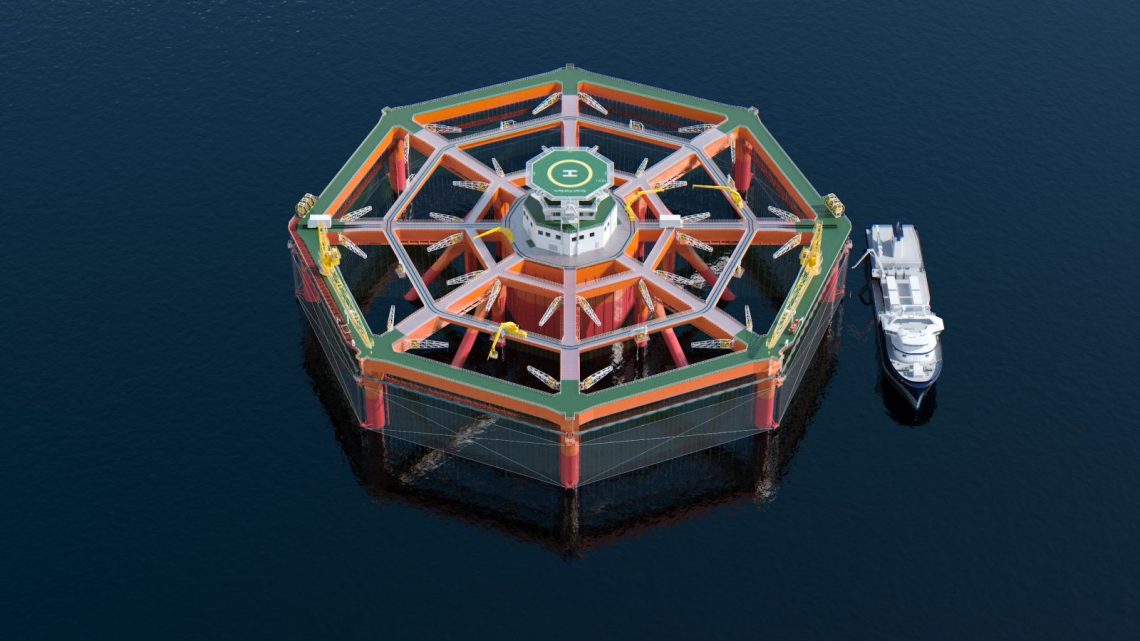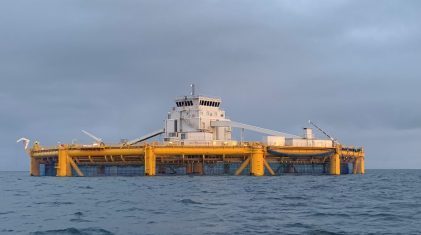Will the prestigious SalMar Aker Ocean project end up in the mothball?
There was an extensive media response when two of the country’s richest men, Gustav Witzøe and Kjell Inge Røkke, presented the collaboration in Trondheim, Norway. The duo SalMar and Aker have worked on developing an offshore investment, salmon farming in the open sea. Under the name SalMar Aker Ocean, owned 50/50 by the two industrial companies.
“We have an ambition of 150,000 tonnes by 2030,” Gustav Witzøe said when the plans were presented at the end of August last year.
Changed
When asked why Aker had not invested in salmon earlier, Kjell Inge Røkke replied:
“There is a simple reason. I didn’t believe it. But I am speechless with admiration for what Gustav and others have achieved. It is an industry that has changed. For an important industry. With rapid technological development.”

But with the government’s recent resource rent proposal, it is not obvious that the farming of salmon in the open sea, which SalMar has championed for a number of years, will become an important industry. For neither SalMar, Aker nor Norway.
Read also: Tax on all bows and edges
Looking through
SalMar’s CEO, Linda L. Aase, is not particularly forthcoming on questions about how the proposed ground rent tax affects the Frøya company’s investment plans on the open sea.
“As a result of the new tax proposal, we are now reviewing all future investments,” she told SalmonBusiness.

Photo: Øystein Haugen
“But can you be more specific? Here, there is a value of hundreds of millions of euros in each and every rig investment. In addition, will there be other infrastructure, such as larger smolt and well boats, to service the rigs?”
“By virtue of the new tax proposal, we are now looking through all future investments,” Aase repeated.
Incidentally, Norway is the only country in the world with a government proposal on resource rent tax for aquaculture. Aase does not want to answer whether there are any good arguments for making such an offshore investment in Norwegian territorial waters.
SalMar, through 50 percent-owned Scottish Sea Farms, has a significant farming activity in Scotland. Through its ownership in Arnarlax, SalMar also farms salmon in Iceland.

